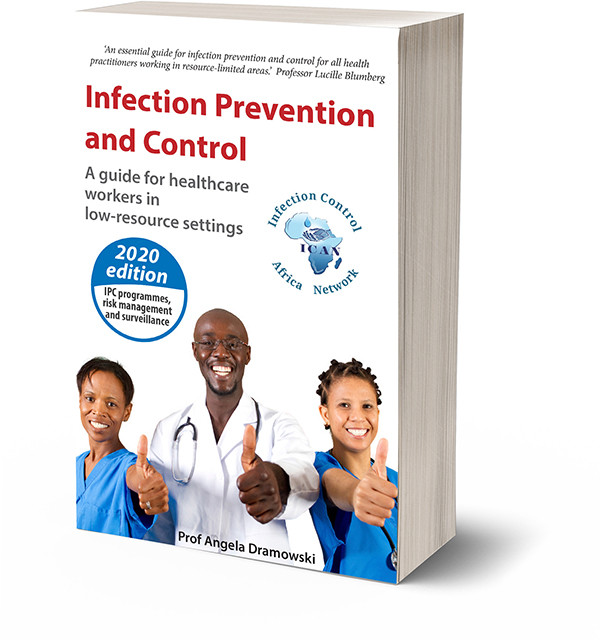Quiz 6: Upper respiratory tract conditions
Please choose the one, most correct answer to each question or statement.
- The upper respiratory tract includes the:
- Larynx.
- Bronchi.
- Pharynx.
- Trachea.
- The cause of a common cold is usually an infection with:
- Influenza virus.
- Rhinovirus.
- Haemophilus influenzae.
- Streptococcus.
- Children with a common cold usually have:
- A high fever.
- A runny nose.
- A sore throat.
- Earache.
- How should a young child with a common cold be treated?
- Antibiotics.
- Keep the child in bed.
- Aspirin.
- No treatment is usually needed.
- Acute sinusitis usually presents with:
- A feeling of fullness or pain over one of the sinuses.
- A severe cough, especially when sitting up.
- A purulent discharge from both ears.
- Tenderness to pressure over the mastoid bone.
- What is a common sign of allergic rhinitis?
- Coughing at night.
- Repeated sneezing.
- Wheezing.
- Green nasal discharge.
- Seasonal rhinitis is commonly caused by:
- Inhaled pollen.
- Viral infections.
- Sudden change in temperature.
- House dust mite.
- Allergic rhinitis should be treated with:
- A short acting bronchodilator.
- Excluding milk and wheat from the diet.
- Amoxycillin for 10 days.
- A non-sedating oral antihistamine drug.
- Persistent rhinitis responds well to:
- Decongestant nose drops.
- Paracetamol.
- Steroid nasal spray.
- Antibiotics.
- What is the common presenting symptom of pharyngitis?
- Sneezing.
- A sore throat.
- A blocked nose.
- A hoarse voice.
- What is an important complication of pharyngitis?
- Acute rheumatic fever.
- Rheumatoid arthritis.
- Pneumonia.
- Meningitis.
- How should a child with tonsillitis be treated?
- Give paracetamol only unless the throat culture is positive.
- Tonsillectomy if this is the second attack of tonsillitis in the past year.
- Penicillin, amoxycillin or erythromycin for 10 days.
- Tetracycline for 14 days.
- What is an indication for adenoidectomy?
- Bad breath and poor appetite.
- Snoring and sleep apnoea.
- Repeated sore throats.
- Enlarged tonsils.
- Acute otitis media usually presents with:
- Sudden onset of severe pain in the ear (earache).
- Pain when the pinna (external ear) is pulled.
- Green discharge from the nose.
- Deafness.
- Regular cleaning with a cotton bud or ‘wicking’ is useful in treating:
- Chronic suppurative otitis media.
- Chronic secretory otitis media.
- Sinusitis.
- Mastoiditis.
- Chronic secretory otitis media causes:
- A purulent discharge from the ear.
- Earache and fever.
- Deafness.
- Itching of the ear.
- Otitis externa should be treated with:
- Combined steroid and antibiotic eardrops.
- Oral antibiotics.
- Oral steroids.
- Cotton wool earplugs.
- Epiglottitis presents with:
- Wheezing.
- Drooling and difficulty swallowing.
- A mild fever and cough.
- A barking cough and stridor.
- How should a child with epiglottitis be managed?
- Urgent referral to hospital.
- Paracetamol for pain.
- Penicillin for 7 days.
- Immunisation with Hib.
- Immunisation can prevent:
- The common cold.
- Pharyngitis.
- Otitis media.
- Epiglottitis.

